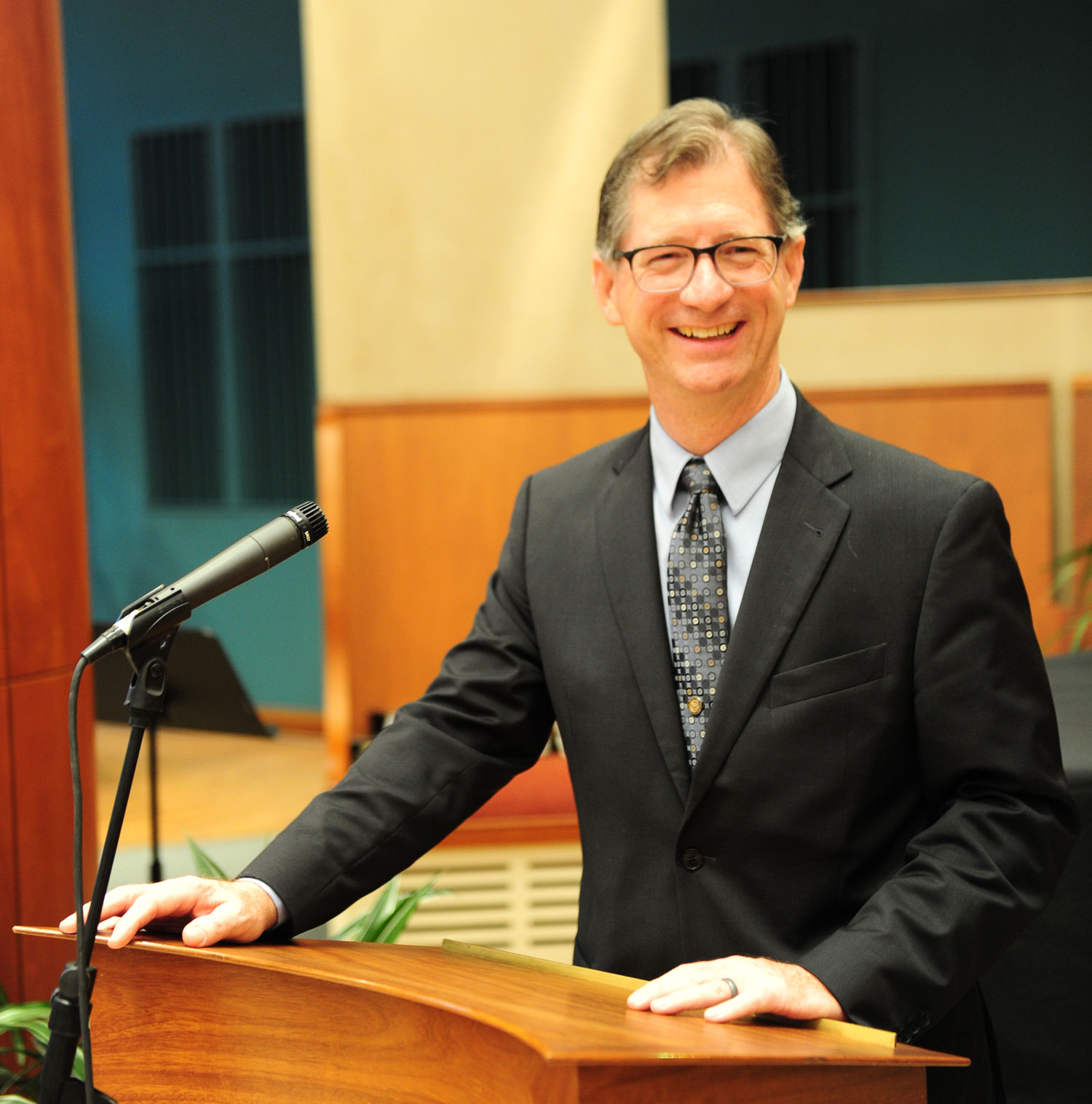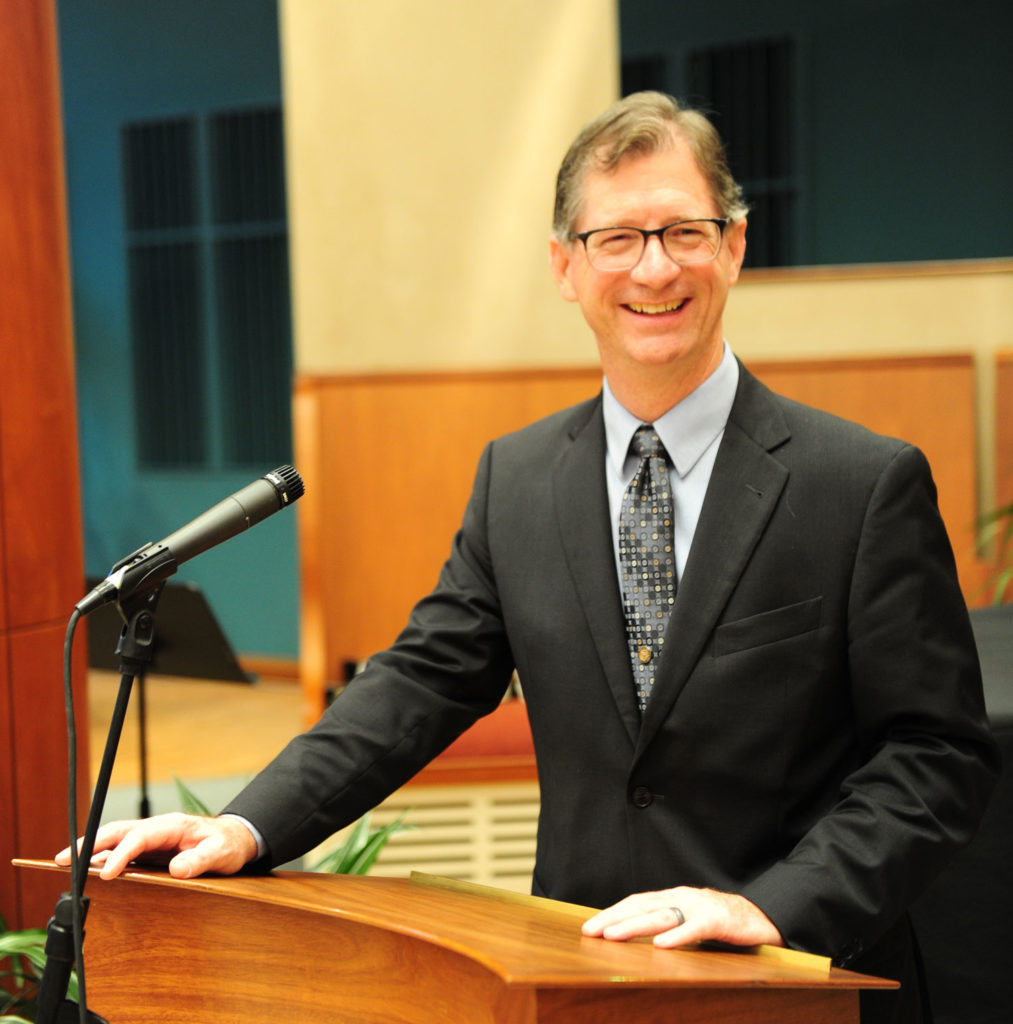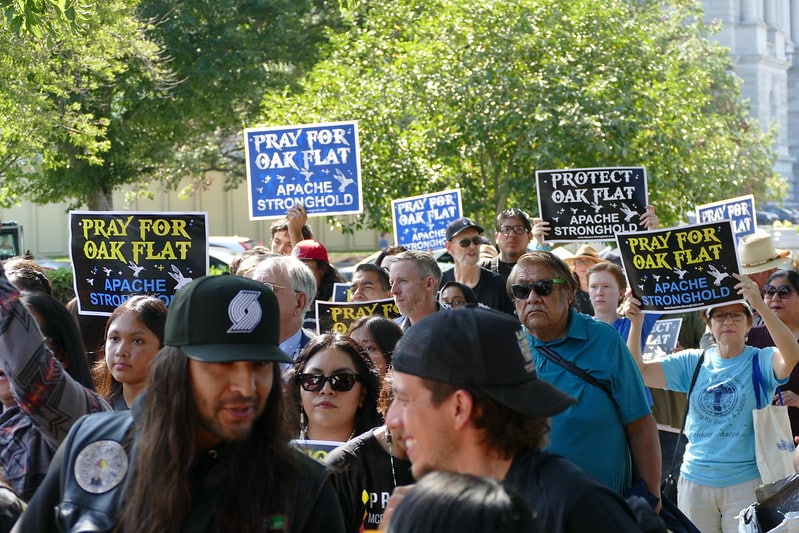Commentary: Checking My Privilege
 I have to check my privilege quite a bit these days.
I have to check my privilege quite a bit these days.
I am constantly observing my actions, words, and behaviors while processing what my being white has done to affect certain responses and outcomes. The same is true of observing how others interact with me. How does my being white affect what they say and do to me, and how they behave around me?
It is an important part of my commitment to actively dismantle the white skin privilege that persists in America today. While I remain much invested in the ongoing work of deconstructing institutional injustice and systemic racism, I am also committed to being hyper-aware of and hyper-sensitive to how I am manifesting and/or receiving privilege. I believe justice requires both. I also believe I can’t condition myself to see or to rebel against institutional privilege if I can’t first see them in myself.
I don’t pretend to be able to notice or catch all of my privileged behavior, and recognize that this is going to have to be a lifetime commitment. Getting it right today doesn’t end my investment in whiteness; nor does it guarantee that whatever getting it right today gained won’t be lost when I forget tomorrow to repeat those behaviors.
In this ongoing discourse with myself and with others, I can’t help but notice a division that is emerging between privileged whites and traumatized black leaders. Specifically, I refer to reactions to the Black Lives Matter movement, which itself is a response to an increasingly militarized police force whose proclivity for racial profiling is costing black and brown lives.
Privilege is the divide that distinguishes the responses of one community from the other. On the white side of the divide, community leaders not only conditioned by but also rewarded for their white privilege operate with a foundational assumption that police are there to protect us, and that we should not jump to conclusions – even in the face of overwhelming evidence – about a police officer’s criminality. Palpable grief and concomitant rage erupt in the black community as one life after another is snuffed out under circumstances that do not seem to occur when the law officer and the suspect are both white.
Privilege doesn’t engender that kind of rage and grief in white leaders. It inoculates whites from feeling the kind of trauma that has black and brown parents fearing for their children’s lives. At best, white leaders mobilize as advocates not from the gut punch that rage produces, but from a commitment to live in a better, more just world. Their participation in the Black Lives Matter movement is important, it may even be necessary – but it comes from a very different place.
As America is forced to come face to face once again with its ongoing investment in whiteness, I hope and pray that white leaders everywhere watch, listen, and conform to the needs of those whose stake in this are far higher than their own – and do so with awareness that it will compromise their privileged status.
The Rev. John C. Dorhauer is the General Minister and President of the United Church of Christ.
View this and other columns on the UCC’s Witness for Justice page.
Donate to support Witness for Justice through the Neighbors in Need offering.
Click here to download the bulletin insert.
Related News
GMP releases call to denounce hate, stand with Haitian community in Springfield
United Church of Christ General Minister and President, the Rev. Karen Georgia Thompson, has...
Read MoreUCC leaders join Apache Stronghold Day of Prayer at U.S. Supreme Court to protect sacred land
Following two months of pilgrimage across the country, Apache Stronghold members gathered on...
Read MoreGlobal Cleveland Welcoming Week podcast features UCC’s Andrew Long-Higgins
Global Cleveland Welcoming Week is underway and hosting a series of free events to celebrate...
Read More


